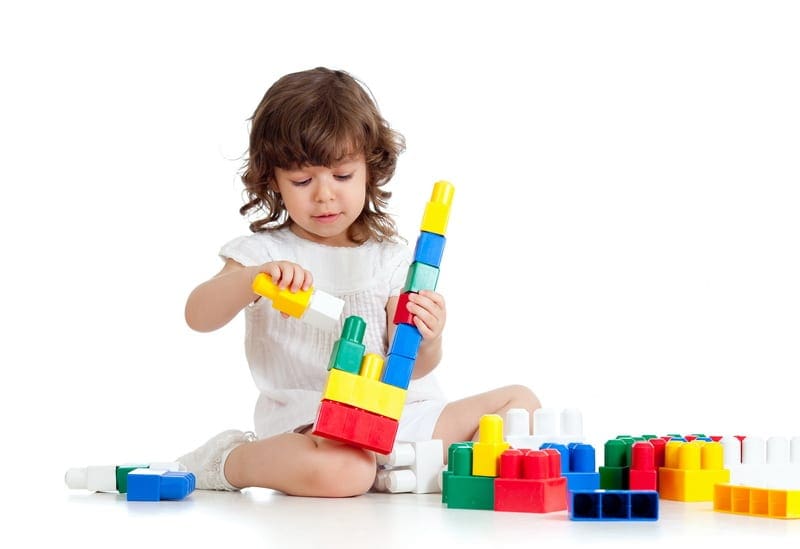Normal Physiology
As a woman ages, her body goes through changes to prepare itself for bearing children. One of the first physical signs of this is menstruation, which signifies that the woman’s body is now able to sustain a pregnancy.
There are a number of signs and symptoms that may indicate pregnancy in women. These are sometimes mistaken for common ailments, but if you experience any of the following, it may be a sign that you are pregnant:
1) Positive urine pregnancy test
2) Fetal heart beat present
3) Chadwicks sign
4) Ballotment
The Body Changes as the Fetus Grows
During the first few months of pregnancy, there are no obvious physical changes in the mother’s body. However, there are big changes going on inside as the baby develops. The mother’s hormones, blood circulation, mood and appetite all change. The pelvic bones also change and increase in size to accommodate the growing uterus. The mother’s blood circulation doubles as the heart pumps blood twice the workload. Pregnant women may experience shortness of breath as their uterus grows and begins to push down on the diaphragm. Nausea and vomiting may also occur due to hormonal changes that can alter a pregnant woman’s homeostasis. There is also an increase in urine urgency. All of these changes are normal and can be seen during the first and third trimesters of pregnancy.
After Giving Birth Recovery
It’s no secret that having a baby is a life-changing event, not just for the child, but for the parents as well. After all, it’s a huge responsibility to bring new life into the world and to care for it. For both mothers and fathers, it’s completely normal to feel a range of emotions during this time, from happiness and excitement to anxiety and fear. All of these emotions are perfectly normal and natural. Just remember that you’re not alone in feeling them.
Episiotomy is a procedure often performed in hospitals during childbirth in order to prevent lacerations of the vagina. These lacerations can be difficult to repair and lead to increased bleeding and complications. As a result, the mother may feel some discomfort after the birth of her child. A heat lamp or sitz bath can help relieve this discomfort.
During pregnancy, one of the physiological changes that takes place in the body is a fluctuation in women’s hormones. Because of this, some women may find themselves experiencing the same signs and symptoms they had during the first trimester, such as nausea and vomiting. To help minimize nausea, it’s advised to eat dry crackers before getting up in the morning.
The sudden increase in blood circulation can be abrupt for mothers who have just given birth, as there is no longer a fetus inside needing the blood circulation. It is also observed that mothers would also experience palpitations and night sweats.
All of these changes are usually seen as the first trimester symptoms.
How to Deal with the Changes
Many new mothers are advised to get proper rest and sleep, but it can be difficult to have a good night’s sleep when you have a new baby at home. Breastfeeding your baby offers many benefits for both you and your child, and can also help you recover more quickly after pregnancy and childbirth. The sucking reflex of your child helps to contract the uterus, which speeds up involution (the process of your body returning to its pre-pregnant state).











